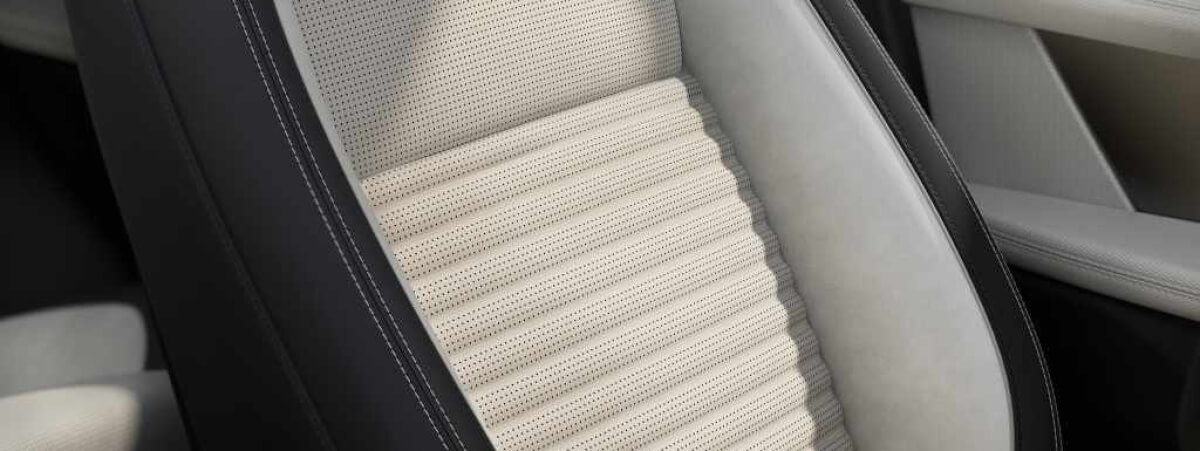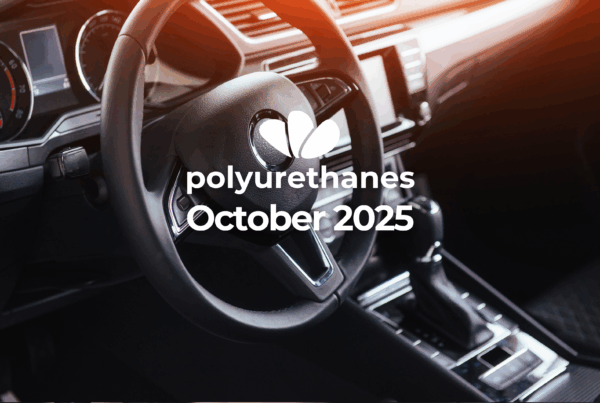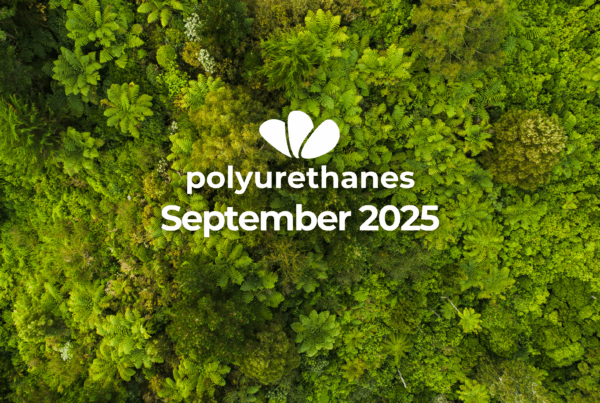Dow, JLR and Adient develop industry first breakthrough for circularity in automotive seating.
Together with Dow and Adient, JLR has integrated recycled polyurethane foam from used vehicles into the production of new seats, marking the first of such innovations in the automotive sector. JLR is now in the process of putting the material through its full production process with the aim to test its use at scale in pre‑production vehicles early next year.
Whilst durable polyurethane foams are normally challenging to recycle, this breakthrough enables JLR to reduce emissions, cut waste, and secure a sustainable supply of low-carbon seat foam.
The innovation is part of JLR’s Circularity Lab initiative, which brings together multidisciplinary teams to address challenges related to material recyclability and waste reduction. The lab’s work involves disassembling vehicles to understand how materials can be re-used or recycled at the end of a vehicle’s life cycle. Early successes, such as achieving the same performance with reduced polymers in bumpers, are already leading to CO2 reductions and cost savings.
This partnership also underscores Dow’s and the chemicals industry’s commitment to sustainable mobility. For example through Dow’s RENUVA™ sustainability program, Dow is addressing the rising demand for recycled materials by converting end-of-life waste into new, circular raw materials, helping customers meet recycled content targets. This innovative closed-loop recycling solution fosters circularity while maintaining the high comfort and quality of JLR.
As the industry continues to integrate such innovations, new benchmarks are set for the automotive sector in reducing its carbon footprint and advancing circular economy practices.
You can read more about the Dow, Adient, and JLR cooperation on closed-loop recycling here.




